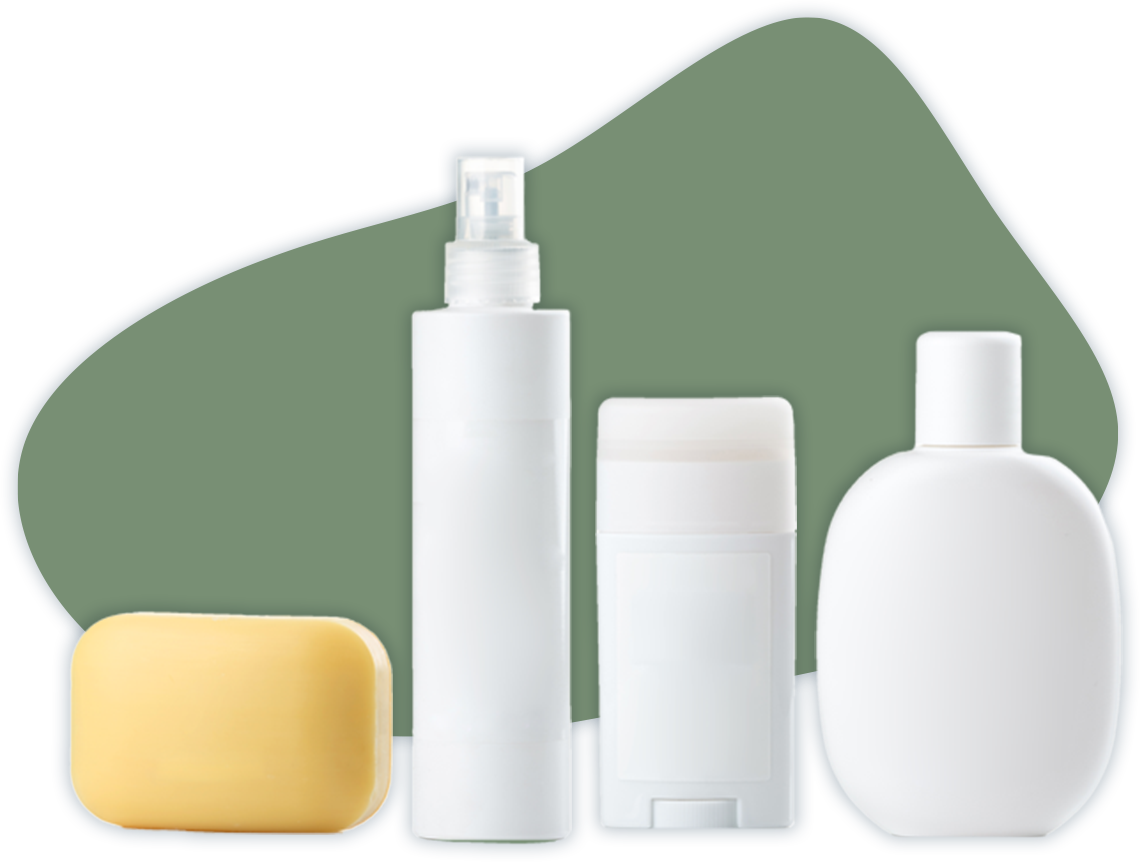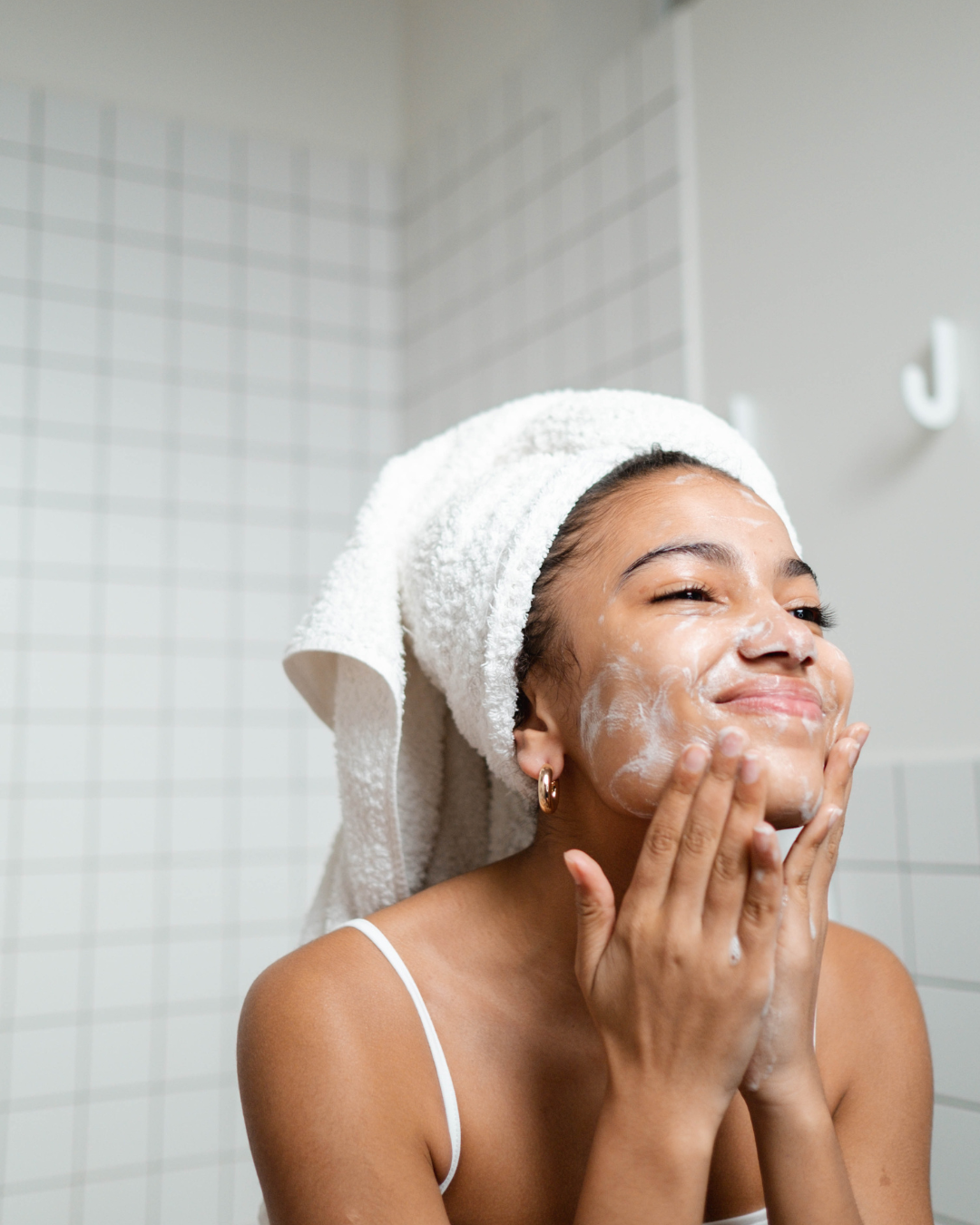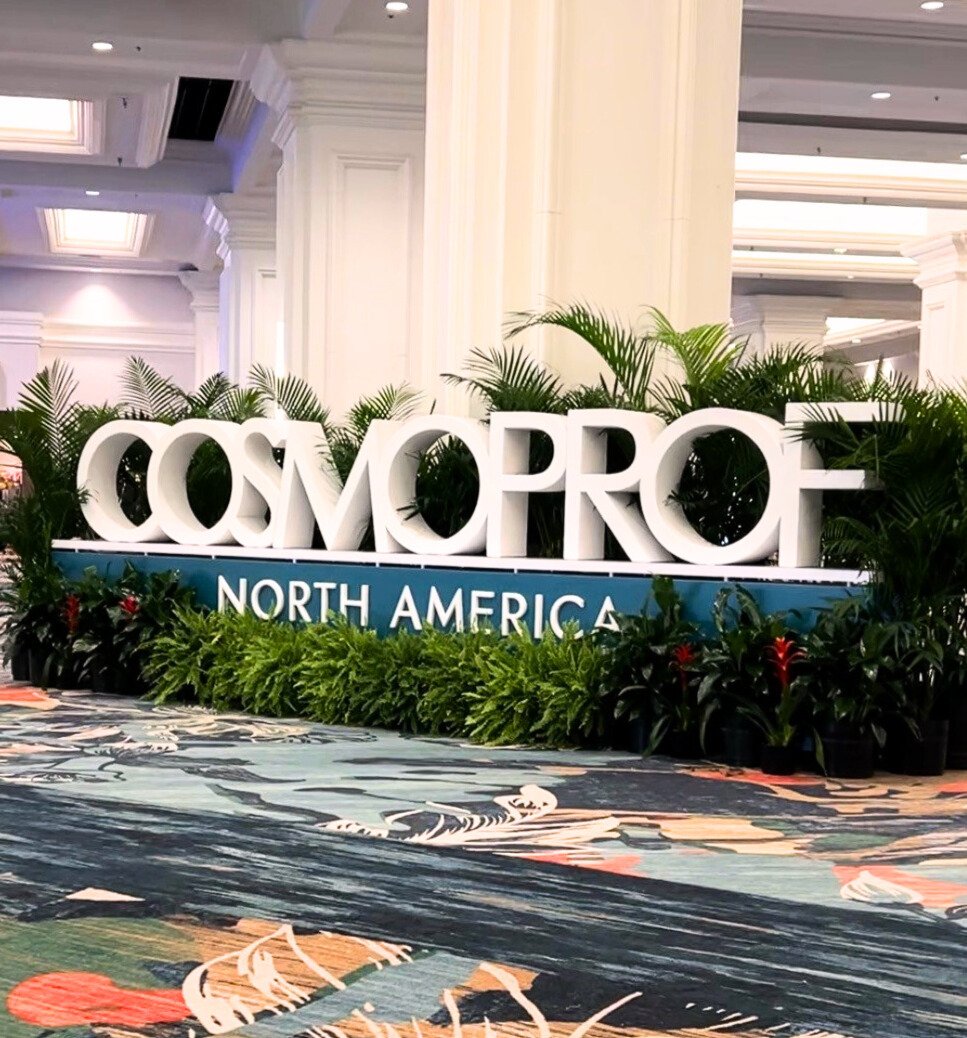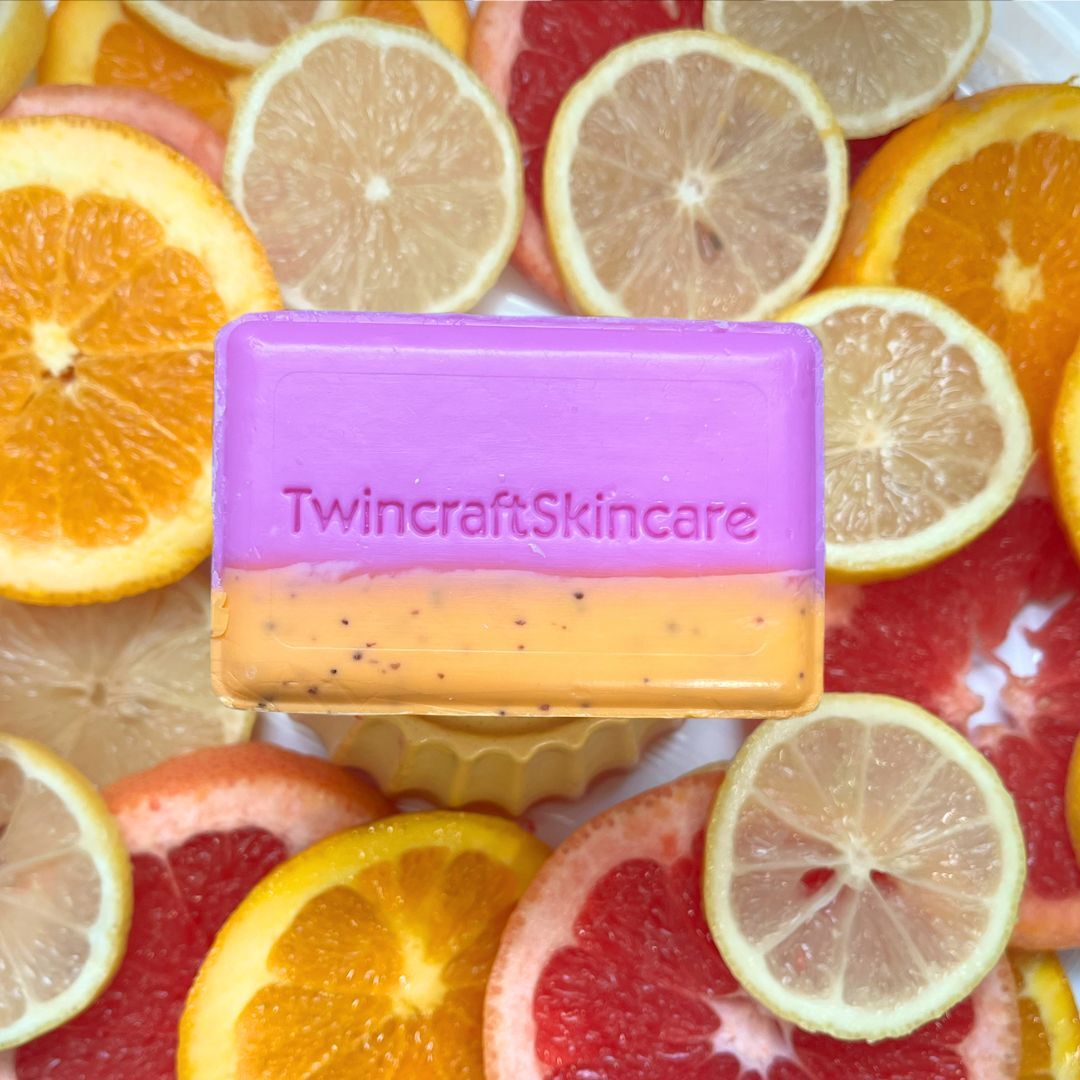The future of personal care is focused on sustainability, and conscious consumers are increasingly shopping for biodegradable products to help reduce their overall impact on the planet.
An emphasis on safe ingredients, waste reduction, and appropriate product and packaging claims are growing movements in the United States. While many shoppers are ready to make more sustainable purchasing decisions, it is difficult for brands and manufacturers to develop and certify products that adhere to these desired claims in a reliable way.
More resources and guidance around specific certifications are expected to evolve alongside growing consumer demand, and more regulation will help clear up a murky marketplace. Shoppers are still left to do a lot of their own research, which provides brands with the opportunity to focus their marketing on transparency and education in the ever-changing space of sustainable product development.
Understanding Biodegradation
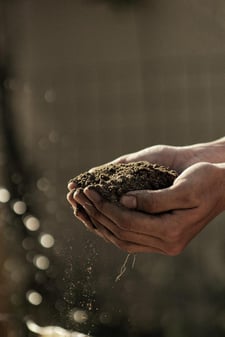
The term biodegradation explains the naturally occurring breakdown of materials by microorganisms. The timeline for this process to occur is not specifically defined by any certification body and varies dramatically for different materials.
Biodegradability is an inherent property of a material or product resulting from the action of naturally occurring microorganisms, such as bacteria, fungi, and algae. The process produces water, carbon dioxide, and biomass. No additives are needed and no fragments remain in the environment.¹
Composting is a similar but different process that is much more familiar to the average consumer. According to the Biodegradable Products Institute, composting is a natural process that turns organic materials into conditioner for soil, and compost is produced through the activity of aerobic microorganisms. It's important to note that everything that is compostable is biodegradable, but not everything that is biodegradable is compostable.²
Regarding personal care industry, consumers are concerned about the biodegradability and environmental impact of a product’s packaging and the product itself, whatever format it is in.
Biodegradable Packaging
In recent years, biodegradable plastics have been heralded as solutions to many of the world’s most pressing pollution issues, and corn-based straws, food containers, and bottles have since appeared on store shelves. With conventional plastic taking an average of 1,000 years to decompose naturally in landfills, this new option seemed like a viable solution to the world’s plastic waste problems.
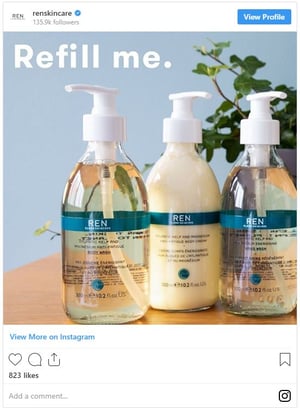
However, these materials with biodegradability claims can only break down when exposed to specific, high heat conditions that are largely limited to industrial composting facilities. Most of the world’s biodegradable plastic is still ending up in landfills or the ocean.³
For biodegradable packaging options to live up to their purported potential, they must be disposed of properly at facilities that are designed to handle that specific kind of waste. Lack of consumer compliance and confusion around the requirements for handling these plastic types has set the stage for other packaging trends to rise.
Sustainability efforts are now focused on refillable packaging, with more brands encouraging shoppers to buy products in bulk and participate in programs such as the Loop service.
More post-consumer waste options are also becoming available through packaging vendors. Early versions of OceanBound Plastic tubes struggled with quality issues and cosmetic flaws, but as the demand for more sustainable product packaging increases, the packaging options available to beauty brands will also grow.
Biodegradable Skincare & Bar Soap Formulas
The biodegradability of soap or skincare formulations must be addressed separately from packaging claims. Many of the products used in a daily personal care regimen end up being washed off the skin and sent down the drain to be processed at a water treatment facility, but not all ingredients used in personal care are biodegradable.
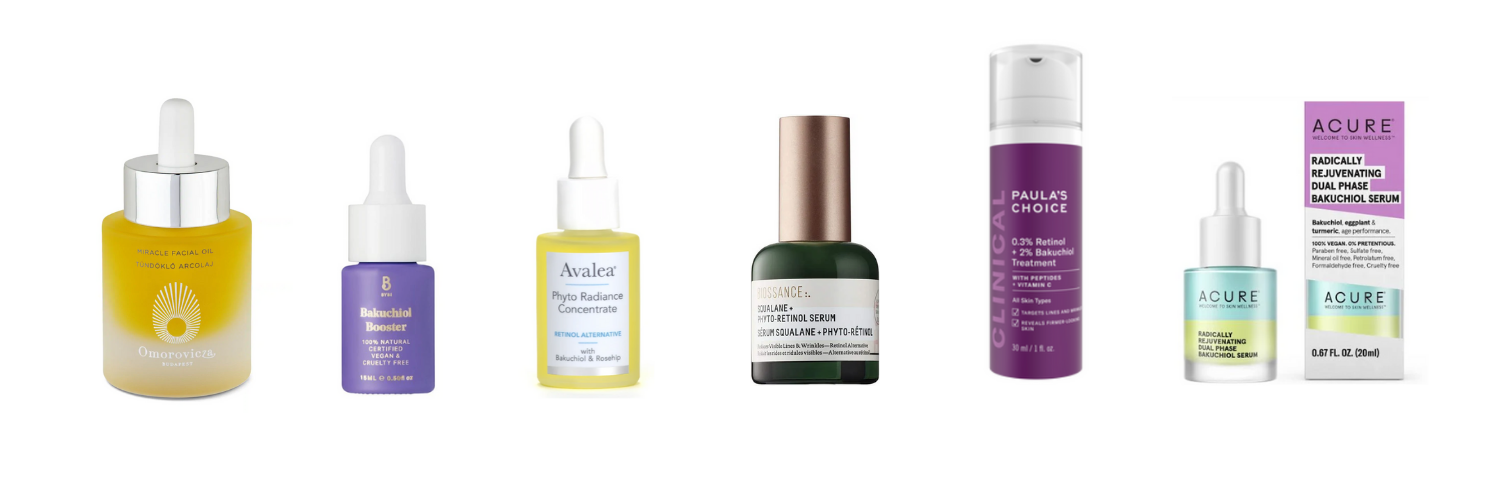
Body Washes with Biodegradability Claims, Left to Right: Dr. Bronner's 18-in-1 Hemp Pure Castile Soap, Jason Body Wash, Bathing Culture Mind and Body Wash, Avalon Organics Bath & Shower Gel
Chelates, including EDTA, and silicones such as dimethicone are not degraded through conventional biological methods, which means that additional steps must be taken at wastewater treatment plants so that they are not released into aquatic environments. Additionally, synthetic additives and fragrances are not biodegradable, and essential oils are the only fragrance option for brands hoping to make biodegradability claims on their products.⁴
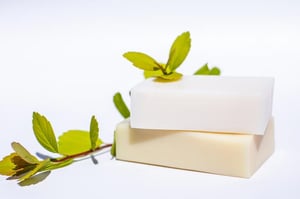 At Twincraft Skincare, we proactively formulate our soap bases and skincare product concepts to adhere to a high naturalness standard (as determined by PCPC standards) and to be free from silicones, parabens, PEGs, and sulfates. We align our formulation standards to comply with the restrictions of top clean retailers to help streamline the development process and ensure that our customers can make products that will align with global regulatory guidelines for years to come.
At Twincraft Skincare, we proactively formulate our soap bases and skincare product concepts to adhere to a high naturalness standard (as determined by PCPC standards) and to be free from silicones, parabens, PEGs, and sulfates. We align our formulation standards to comply with the restrictions of top clean retailers to help streamline the development process and ensure that our customers can make products that will align with global regulatory guidelines for years to come.
Because of these efforts, all of our standard soap bases are 100% biodegradable. When we are working on a new bar soap development with a customer who wants the final product to be biodegradable, it is important to consider additives and fragrance to ensure that the desired claims can be met.
We receive information regarding biodegradability for each raw material used in a product, but we strongly encourage brands to submit the finished good for testing for accuracy and reliability.
To learn more about biodegradability and other product claims, please connect with a member of our Sales Team. Our in-house regulatory team is available to answer all of your questions and to help your brand navigate these and other industry claims and standards.
Sources: ¹https://www.european-bioplastics.org/eu-takes-action-against-oxo-degradable-plastics/ | ² https://www.bpiworld.org/Composting | ³https://www.elle.com/uk/beauty/skin/a28378919/biodegradable-beauty-products/ ⁴ https://www.ncbi.nlm.nih.gov/pubmed/10422222



